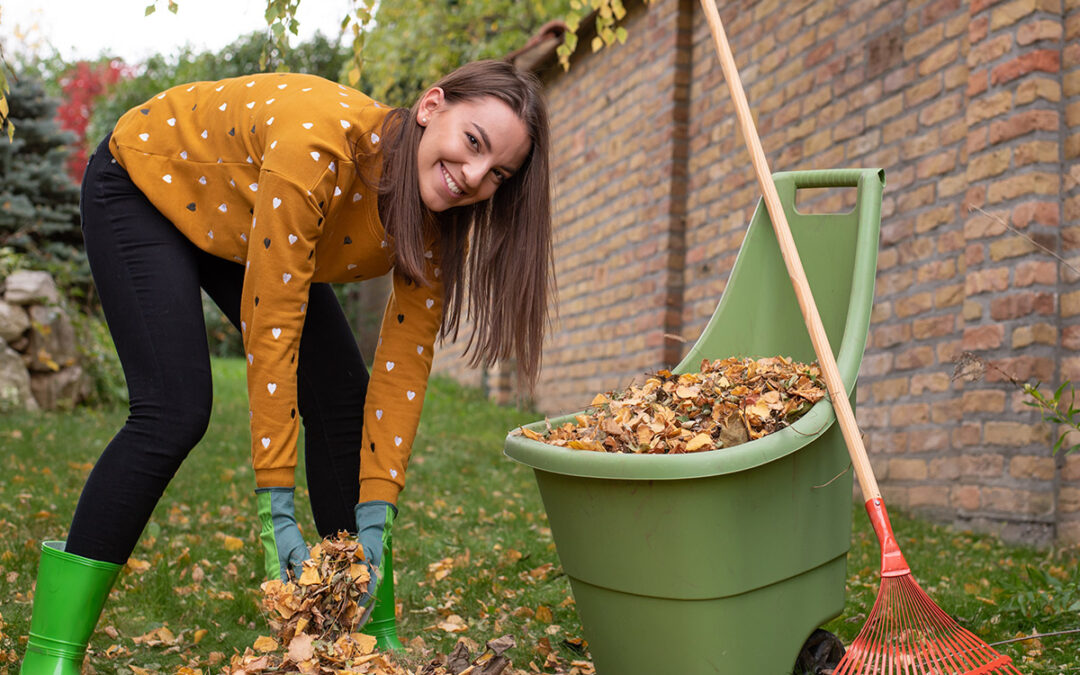The garden year is coming to an end, but before your garden can go into hibernation, there are still some preparatory work to do.
Autumn leaves
As good as daily, new leaves are found on lawns and beds, which should be removed regularly and at least once a week. If there are leaves on the hedge, you should remove them as soon as possible. Thus, preventing a possible fouling due to too much moisture and does not restrict the plant in growth.
Flower bulbs
As long as the soil has not yet frozen or by the end of October at the latest – flower bulbs can be planted. Biennials such as bellis or pansies arrive at their new location and deciduous shrubs and trees are set after the fall of leaves. Likewise after death of the leaves are tubers of dahlias u. a. not hardy onion / tuber plants dug out, cleaned and stored frost-free.
Fruit trees
Even fruit trees will now come into the ground by mid November at the latest, because they must be able to form fine roots by winter. For optimal nutrient supply and better growth, you should add a mixture of soil, compost and horn shavings into the planting hole.
More sensitive to cold species of fruit such as quince, peach, apricot, walnut, kiwi and wine should be planted in the spring so that the trees can go into winter with an already well-developed root system.
Roses
You can still use the time to plant new roses. Roses need a nutrient-rich soil and a full sunshine stand. More sensitive varieties such as bed roses protect you with some compost or brushwood. With the pruning you should wait until spring. An orderly cut, which removes shoots that are too long and controls the growth, is quite sufficient during the winter months.
Lawn
How to winterize your lawn, read HERE.
Mulching
Not only does mulch provide optimum protection against weeds, it also protects against cold in free areas. Can be bleached with:
- Grass, perennial cut or leaves can remain as a mulch layer under the shrubs
- Leaves of tomatoes
IRRIGATION
By late October, the irrigation time for your garden ends. In order to protect your irrigation system from frost damage, it is also important to make it winterproof.
You do not have a fully automatic irrigation system yet? Contact us! We are happy to advise you and are already planning with you the optimal solution for your garden.
Please contact us!
– Do you have questions, would you like to know more about the many applications of irrigation systems? –


